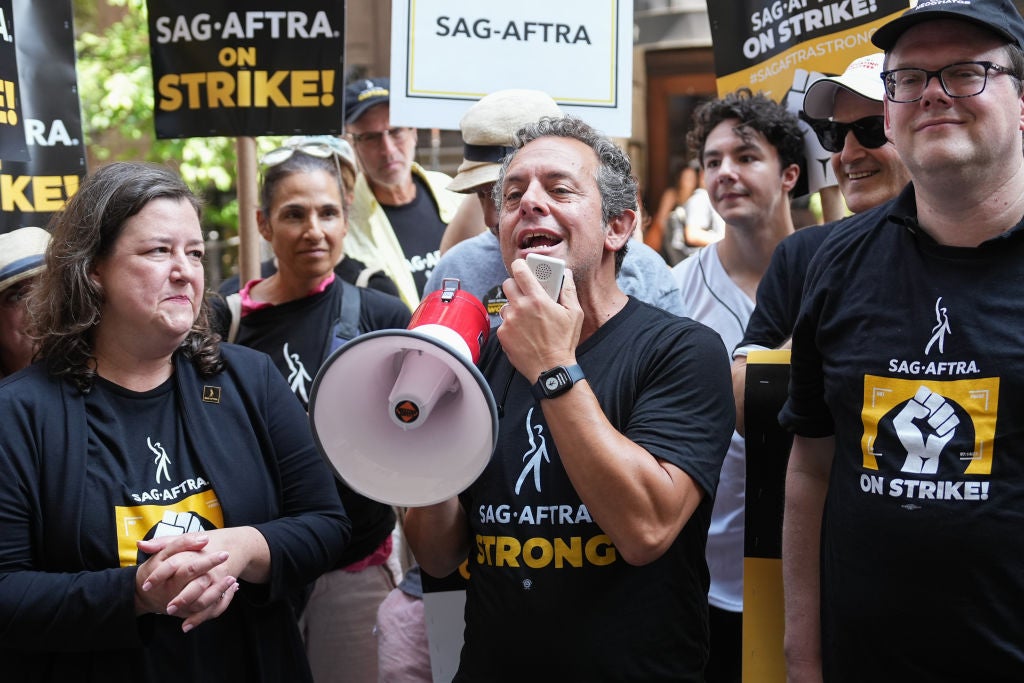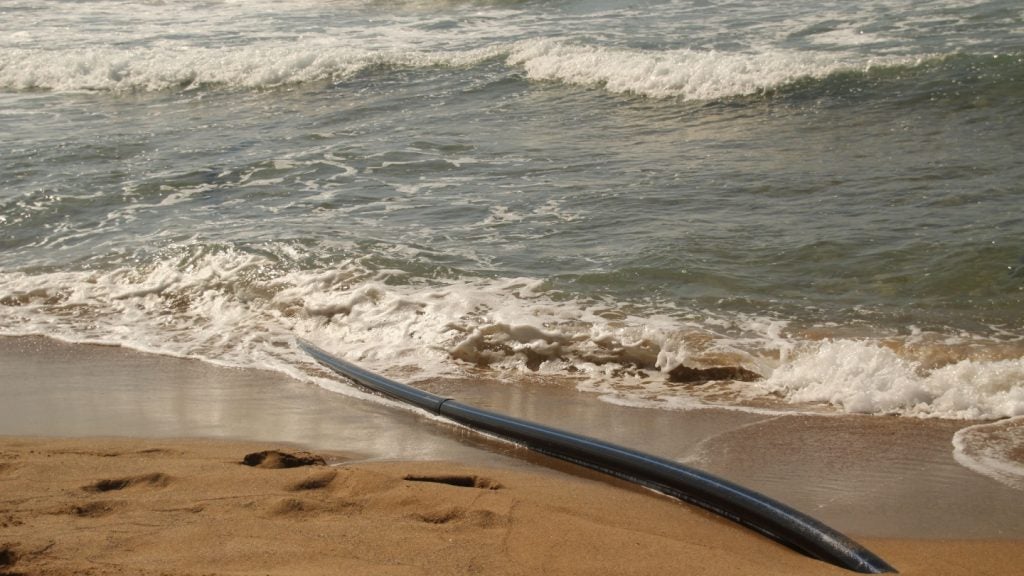
Given the scarcity of commercially-ready oncology assets, cancer drugs are appealing to big pharma with lots of cash and high prices are being paid for hopeful products.
Japanese big pharma firm Takeda’s deal to buy Cambridge-based biotech Ariad Pharmaceuticals for $5.2bn is likely going to set the trend for the coming year.
It’s nothing new however: The demand for oncology was seen when Pfizer bought Medivation for $14bn, and AbbVie’s $21bn transaction for Pharmacyclics, with each target company only having one product on the market.
Now with Japan pharma getting into the mix, which has historically recoiled at merger and acquisitions (M&A), the biotech market could be heading for significant consolidation.
You only need to look at Takeda’s past history—the company has not pulled the trigger on an acquisition since it purchased the Swiss drug maker Nycomed back in 2011. But with the recent run on biotech stocks, expect valuations to go even higher.
How will Ariad help Takeda?
The acquisition has macroeconomic implications for Takeda.
How well do you really know your competitors?
Access the most comprehensive Company Profiles on the market, powered by GlobalData. Save hours of research. Gain competitive edge.

Thank you!
Your download email will arrive shortly
Not ready to buy yet? Download a free sample
We are confident about the unique quality of our Company Profiles. However, we want you to make the most beneficial decision for your business, so we offer a free sample that you can download by submitting the below form
By GlobalDataThe deal will reduce its dependency on its domestic sales, which have been bumpy as a result of volatile yen appreciation against the dollar, which has made Japan’s goods more expensive relative to the goods of other rivals in Asia.
The approach of looking outside of Japan for acquisition targets was crystalized when Takeda announced back in September it had approached Valeant about buying its Salix stomach drug business for $10bn, but negotiations have since fallen apart.
Second, Ariad’s cancer meds will complement Takeda’s top-selling cancer drug Velcade (bortezomib), which is expected to face generic competition this year as the patent protecting the drug expires in the US.
Takeda expects new sales from the drugs will help stave off some of the losses it is expected to incur in the short run, while still being accretive to earnings over the longer term.
Ariad’s guidance for 2016 forecast sales for Iclusig of between $170m and $180m, which is in-line with GlobalData’s consensus estimate of $173m for the product.
GlobalData forecasts sales of Iclusig to top $1bn in aggregate sales by 2021, and if the brigatinib approval is on track, we forecast aggregate sales for this drug to crest $1bn by 2022.







Related Company Profiles
Pharmacyclics LLC
AbbVie Inc
Pfizer Inc